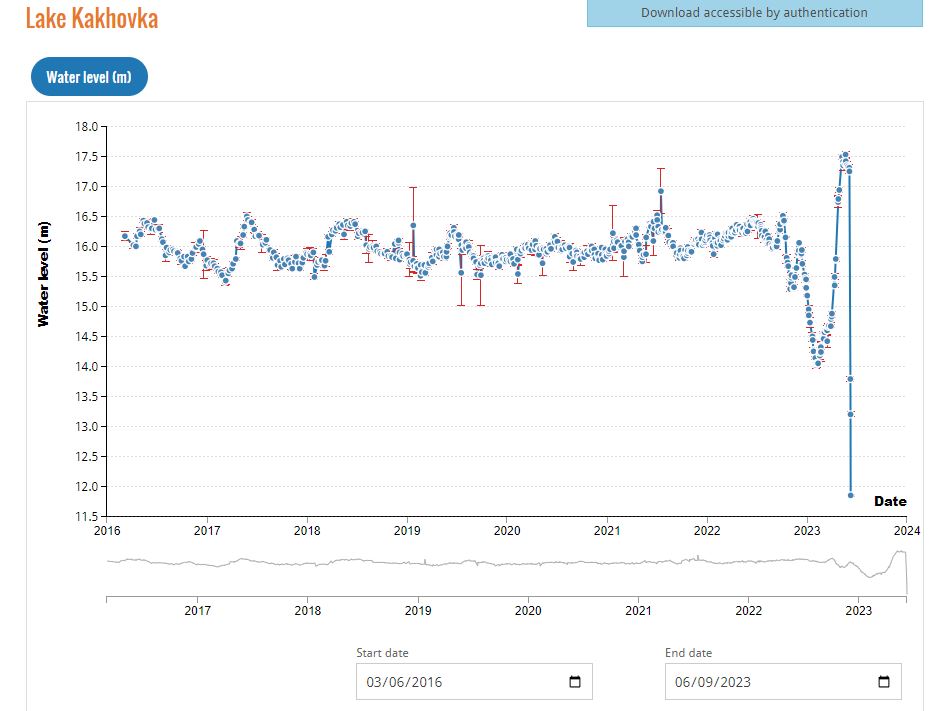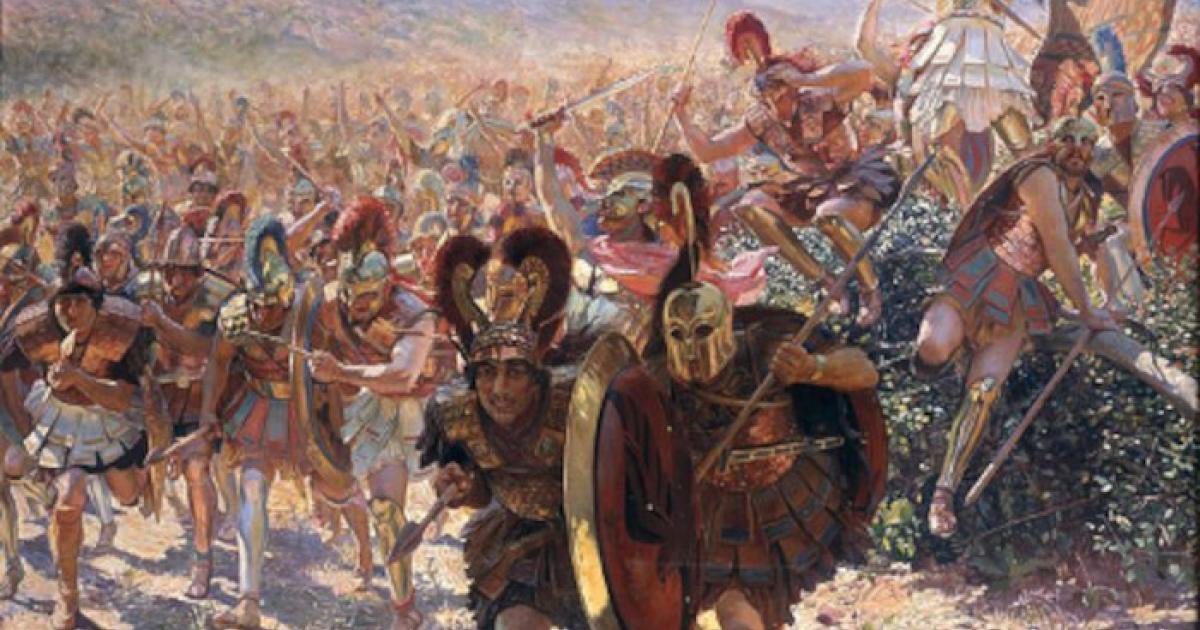Russo-Ukrainian War: Another Dam Update
Since it has now been a full week since the Kakhovka Dam was destroyed, there is more information presenting itself that gives us some clues as to the responsible party and the intent behind its demise.
Since it has now been a full week since the Kakhovka Dam was destroyed, there is more information presenting itself that gives us some clues as to the responsible party and the intent behind its demise.

After hoarding and releasing a huge amount of water from upstream reservoirs in the immediate aftermath of the Kakhovka Dam's death, Ukraine is now retaining water at the upstream Dnipro dam. Video from the past week shows that the gates are shut.
This obviously has the effect of accelerating and exacerbating the drainage of the Kakhovka reservoir. With no water coming in from the upstream dams, the lake is disappearing very quickly. 

Satellite imagery already shows that significant swaths of Lake Kakhovka have already turned into mud flats. It's obvious from Ukraine's decision to close the gates at the upstream dam that they want this to bottom out as fast as possible. 



I had suggested last month that Ukraine would try an amphibious assault on Energodar and the nuclear power plant there which would link up with forces attacking overland on the Zaslivka-Orikhiv axis. 

The net effect of the breach of the dam, thus far, is essentially to invert the lower Dneiper. The river used to be wider above the dam at the reservoir, and narrow below the dam. Now the downstream river has flooded and the reservoir is almost completely drained.
This has the effect of washing out Russian positions downstream and potentially making a cross-river assault on Energodar easier (in effect it ceases to become amphibious at all).
I would speculate that this plan has been disrupted thus far simply because the Ukrainian assault on the Orikhiv sector has misfired so badly, meaning there is no overland pincer to link up with, rendering a direct attack on Energodar operationally void for the time being.
• • •
Missing some Tweet in this thread? You can try to
force a refresh









